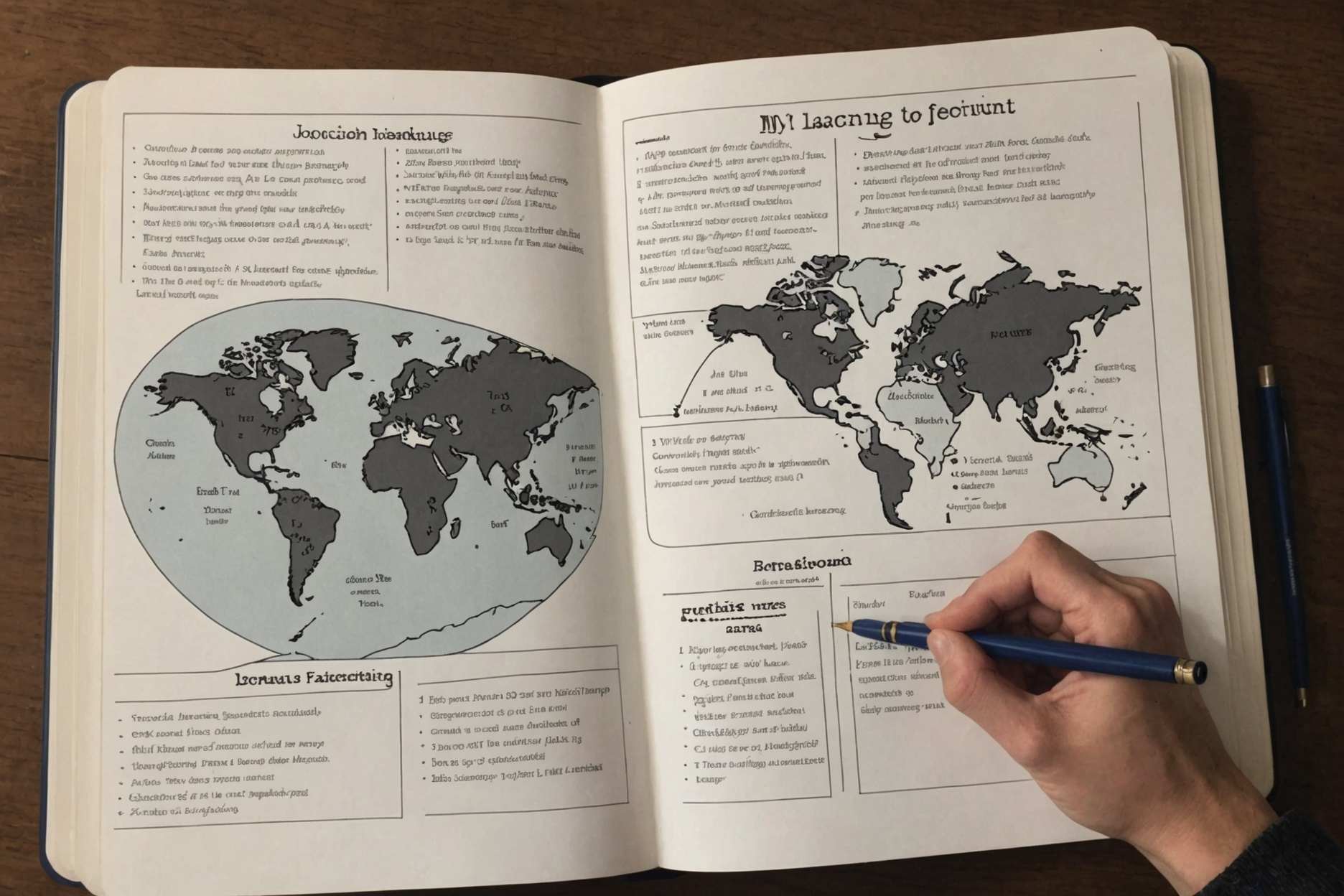- CONTACT US
- AFS
- Business
- Bussiness
- Car
- Career
- Celebrity
- Digital Products
- Education
- Entertainment
- Fashion
- Film
- Food
- Fun
- Games
- General Health
- Health
- Health Awareness
- Healthy
- Healthy Lifestyle
- History Facts
- Household Appliances
- Internet
- Investment
- Law
- Lifestyle
- Loans&Mortgages
- Luxury Life Style
- movie
- Music
- Nature
- News
- Opinion
- Pet
- Plant
- Politics
- Recommends
- Science
- Self-care
- services
- Smart Phone
- Sports
- Style
- Technology
- tire
- Travel
- US
- World
- エンタメ
- スポーツ
- 科学
- 経済
The most effective method to Explore Moral Situations in Brain research with Your Certification

The area of brain research much of the time experiences touchy regions where moral quandaries are pervasive. Experts holding a brain research degree should capably deal with these multifaceted circumstances, focusing on client government assistance while maintaining proficient honesty. This article investigates procedures for tending to moral quandaries, stressing the need of a principled methodology in brain research practice.
**Adherence to Proficient Codes of Conduct:**
Proficient associations in brain science have created sets of rules that go about as fundamental rules. These codes consolidate central standards like classification, informed assent, and non-evil. Brain science experts must really get to know these moral norms, as they offer a system for dynamic in testing conditions, guaranteeing that clients' freedoms and poise are maintained.
**Using Moral Dynamic Models:**
When confronted with a moral predicament, organized dynamic models can demonstrate useful. These models work with a precise assessment of the circumstance, looking at the moral standards included, the expected results of different activities, and any lawful ramifications. By purposefully managing the problem, clinicians can arrive at a goal that fulfills proficient guidelines while shielding client government assistance.
**Looking for Oversight and Consultation:**
Moral problems can be intricate and frequently require points of view past one's own. In such cases, it is essential to look for oversight or discussion. Drawing in with an accomplished proficient, legitimate consultant, or companion can offer new experiences, assist with explaining the issues, and help in the dynamic cycle. This cooperative technique supports the idea of an expected level of effort in moral practice.
**Underscoring Proceeded Moral Education:**
Moral guidelines are persistently advancing, and it is fundamental for experts to remain refreshed on these turns of events. Continuous schooling concerning moral practices, whether through studios, workshops, or scholarly writing, is essential. By remaining informed about arising moral contemplations, especially connected with progressions in fields like computerized treatment or neuroethics, analysts support their commitment to moral practice and improve their capacity to explore issues with forward-thinking information.
**Pondering Individual Qualities and Biases:**
Like all people, therapists have individual qualities and predispositions. Participating in continuous self-reflection is fundamental to assess what these individual components might mean for proficient connections and choices. Recognizing possible struggles between private convictions and expert morals is fundamental for guaranteeing fair-minded, client-focused care. This contemplative methodology helps therapists in keeping up with objectivity and expert honesty.
Exploring moral quandaries is an intrinsic part of rehearsing brain research, requiring a fearless obligation to moral standards. By sticking to proficient codes, using organized dynamic models, looking for outer bits of knowledge, focusing on continuous moral training, and taking part in self-reflection, therapists can really address these difficulties. These techniques maintain exclusive expectations of care for clients, safeguarding their government assistance and the trust intrinsic in the brain science calling.
**Adherence to Proficient Codes of Conduct:**
Proficient associations in brain science have created sets of rules that go about as fundamental rules. These codes consolidate central standards like classification, informed assent, and non-evil. Brain science experts must really get to know these moral norms, as they offer a system for dynamic in testing conditions, guaranteeing that clients' freedoms and poise are maintained.
**Using Moral Dynamic Models:**
When confronted with a moral predicament, organized dynamic models can demonstrate useful. These models work with a precise assessment of the circumstance, looking at the moral standards included, the expected results of different activities, and any lawful ramifications. By purposefully managing the problem, clinicians can arrive at a goal that fulfills proficient guidelines while shielding client government assistance.
**Looking for Oversight and Consultation:**
Moral problems can be intricate and frequently require points of view past one's own. In such cases, it is essential to look for oversight or discussion. Drawing in with an accomplished proficient, legitimate consultant, or companion can offer new experiences, assist with explaining the issues, and help in the dynamic cycle. This cooperative technique supports the idea of an expected level of effort in moral practice.
**Underscoring Proceeded Moral Education:**
Moral guidelines are persistently advancing, and it is fundamental for experts to remain refreshed on these turns of events. Continuous schooling concerning moral practices, whether through studios, workshops, or scholarly writing, is essential. By remaining informed about arising moral contemplations, especially connected with progressions in fields like computerized treatment or neuroethics, analysts support their commitment to moral practice and improve their capacity to explore issues with forward-thinking information.
**Pondering Individual Qualities and Biases:**
Like all people, therapists have individual qualities and predispositions. Participating in continuous self-reflection is fundamental to assess what these individual components might mean for proficient connections and choices. Recognizing possible struggles between private convictions and expert morals is fundamental for guaranteeing fair-minded, client-focused care. This contemplative methodology helps therapists in keeping up with objectivity and expert honesty.
Exploring moral quandaries is an intrinsic part of rehearsing brain research, requiring a fearless obligation to moral standards. By sticking to proficient codes, using organized dynamic models, looking for outer bits of knowledge, focusing on continuous moral training, and taking part in self-reflection, therapists can really address these difficulties. These techniques maintain exclusive expectations of care for clients, safeguarding their government assistance and the trust intrinsic in the brain science calling.
LATEST POSTS
- 1
 Last Christmas, 3 million viewers watched a Chiefs love story — will Bills fans fall just as hard this year?
Last Christmas, 3 million viewers watched a Chiefs love story — will Bills fans fall just as hard this year? - 2
 'Seditious behavior': Trump accuses Democrats who made video reminding the military not to follow illegal orders of a crime — but is it?
'Seditious behavior': Trump accuses Democrats who made video reminding the military not to follow illegal orders of a crime — but is it? - 3
 Winona Ryder didn't take the 'Stranger Things' plot lightly. How 'otherworldly' grief and a kidnapping in her hometown informed her character.
Winona Ryder didn't take the 'Stranger Things' plot lightly. How 'otherworldly' grief and a kidnapping in her hometown informed her character. - 4
 Jamaica reports deadly leptospirosis outbreak after Hurricane Melissa
Jamaica reports deadly leptospirosis outbreak after Hurricane Melissa - 5
 Eurovision Song Contest changes voting rules after controversial allegations against Israel
Eurovision Song Contest changes voting rules after controversial allegations against Israel
Share this article
 Smooth out Your Funds: Cash The board Simplified
Smooth out Your Funds: Cash The board Simplified Involved Vehicles for Seniors: Track down the Best Picks for Solace and Unwavering quality
Involved Vehicles for Seniors: Track down the Best Picks for Solace and Unwavering quality Social Skylines d: A Survey of \Inside and out Social Experiences\ Language Learning Book
Social Skylines d: A Survey of \Inside and out Social Experiences\ Language Learning Book Step by step instructions to Pick the Ideal Authorize Internet Advertising Degree Program
Step by step instructions to Pick the Ideal Authorize Internet Advertising Degree Program An Extended period of Voyaging Carefully: the World with Reason
An Extended period of Voyaging Carefully: the World with Reason Maintainable Living: Eco-Accommodating Decisions for Daily existence
Maintainable Living: Eco-Accommodating Decisions for Daily existence Best Internet based Course for Learning Another Dialect: Which Stage Do You Like?
Best Internet based Course for Learning Another Dialect: Which Stage Do You Like? Exploring the Difficulties of Beginning a Family: Individual Experiences
Exploring the Difficulties of Beginning a Family: Individual Experiences Monetary Security: Building Serious areas of strength for an Establishment
Monetary Security: Building Serious areas of strength for an Establishment













